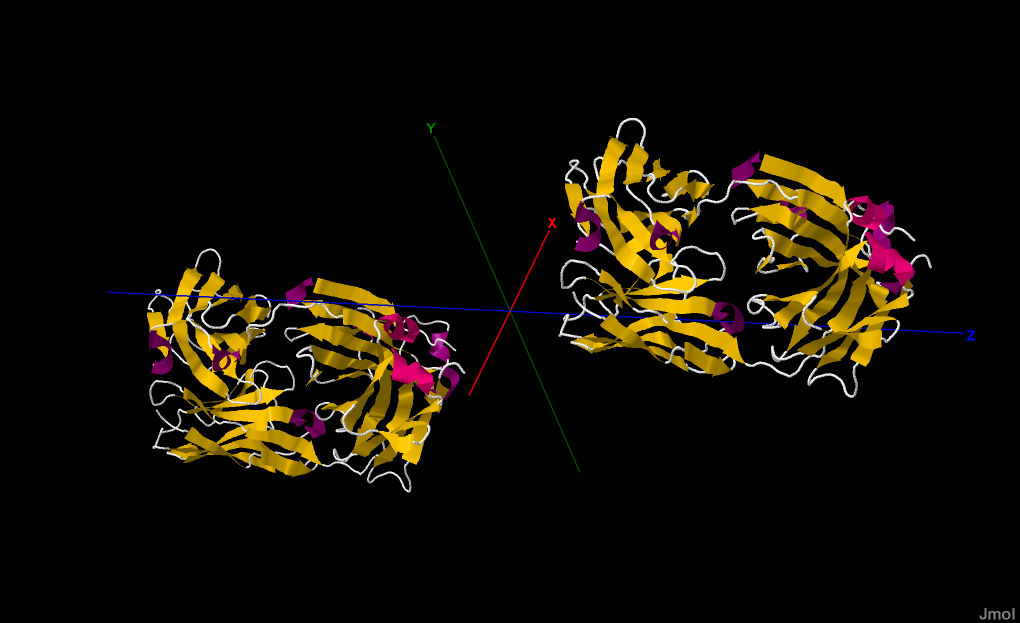On June 22, Merck announced that Erbitux® (cetuximab injection) was officially approved by the China National Medical Products Administration (NMPA) for the treatment of locally advanced head and neck squamous cell carcinoma in combination with radiotherapy ( LA SCCHN) patients. With the approval of this indication, cetuximab injection has achieved four indications in China.
Head and neck tumors are the sixth most common malignant tumor worldwide, with more than 835,000 new cases diagnosed each year, and the eighth cause of tumor-related death, of which more than 90% are squamous cell carcinomas. The 2022 China Cancer Report shows that there are more than 79,000 new cases of head and neck squamous cell carcinoma (excluding nasopharyngeal cancer) and more than 40,000 deaths in China. Due to the occult symptoms of head and neck squamous cell carcinoma, it is difficult to detect early. More than 60% of head and neck squamous cell carcinoma patients are diagnosed at an advanced stage, and 10% of patients have distant metastasis.
Cetuximab is the world’s first IgG1 monoclonal antibody targeting epidermal growth factor receptor (EGFR). As a monoclonal antibody, cetuximab differs from standard non-selective chemotherapeutics by targeting and binding to EGFR, which inhibits receptor activation and subsequent signaling, reducing tumor cell resistance to EGFR. Invasion of normal tissues and spread of tumors to new sites.
EGFR is highly expressed in most head and neck squamous cell carcinomas and is an important prognostic factor and therapeutic target for head and neck squamous cell carcinomas. In 2020, cetuximab injection was approved for first-line treatment of recurrent and/or metastatic head and neck squamous cell carcinoma, breaking the 30-year history of platinum in Chinese patients with recurrent and/or metastatic head and neck squamous cell carcinoma. The predicament of poor chemotherapy-like effect fills the blank of targeted therapy in the field of head and neck squamous cell carcinoma. To date, cetuximab injection has benefited more than 100,000 Chinese patients with colorectal cancer and head and neck squamous cell carcinoma. The approval of the locally advanced head and neck squamous cell carcinoma indication will further benefit more head and neck cancer patients.
In terms of safety, cetuximab did not increase toxicity and did not affect quality of life compared with radiotherapy alone. A subgroup analysis of the Bonner study is the first to point out the potential benefit of cetuximab for laryngeal preservation in SCCHN.
Cetuximab was developed by ImClone (now a wholly owned subsidiary of Eli Lilly), and Merck acquired exclusive rights to Cetuximab outside the US and Canada in 1998.









